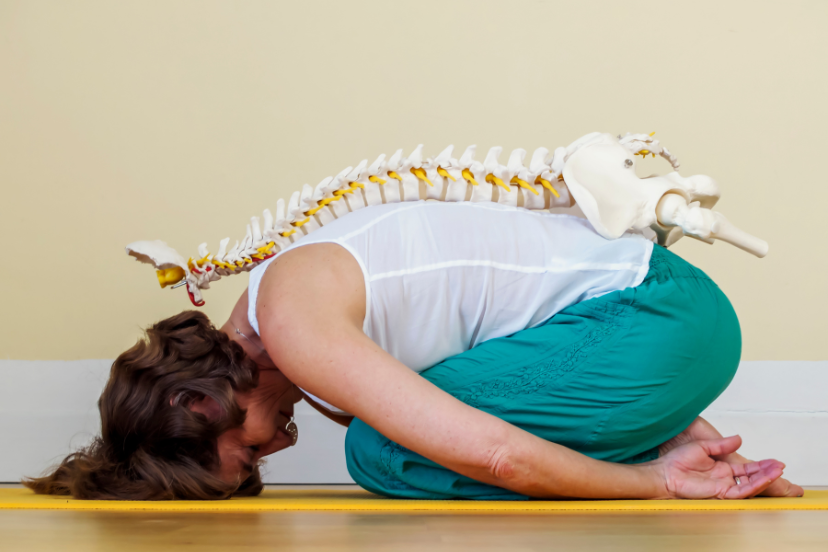Spinal bone health: Your Blueprint to Vitality
Introduction
Welcome to your go-to guide on maintaining strong and healthy spinal bones! Your spine is your body’s pillar of support, and ensuring its health is paramount for overall well-being. In this article, we’ll journey through the realm of spinal bone health, unraveling why it matters and how you can nurture it effectively. Let’s embark on this enlightening journey together to unlock the secrets to optimal spinal bone health!
Your spine comprises a series of vertebrae, forming the backbone of your skeletal system. These vertebrae not only protect your spinal cord but also provide structural support for your entire body. Therefore, nurturing the health of these bones is vital for maintaining posture, mobility, and overall vitality. Let’s delve deeper into the factors influencing spinal bone health.
The Significance:
Why is spinal bone health so crucial? Primarily, a robust spine promotes good posture, preventing back pain and related discomfort. Additionally, your spine houses the delicate spinal cord, a central component of your nervous system. Any compromise in your bones can jeopardize nerve function, leading to potential neurological complications. Moreover, proper spinal alignment is essential for fluid movement and flexibility, crucial for an active lifestyle. Thus, prioritizing spinal bone health is not just beneficial but essential for optimal physical well-being.
Understanding Bone Density:
Bone density, or the amount of bone tissue within a given volume, is a key indicator of bone strength. Preserving optimal bone density is crucial for warding off conditions like osteoporosis, which weaken bones and increase fracture risk. As we age, natural declines in bone density occur, making us more susceptible to fractures. However, lifestyle choices and dietary habits can influence bone density, thereby impacting spinal bone health.
Factors Influencing to the Health:
Several factors contribute to the health of your spinal bones:
- Nutrition: A balanced diet rich in calcium, vitamin D, and other essential nutrients supports bone health. Calcium is a cornerstone of bone tissue, while vitamin D aids calcium absorption.
- Physical Activity: Regular exercise, particularly weight-bearing and resistance training, strengthens bones and mitigates bone loss. Activities promoting balance and flexibility, like yoga, are also beneficial.
- Posture: Maintaining good posture reduces strain on the spine and prevents misalignment and discomfort.
- Lifestyle Habits: Smoking and excessive alcohol consumption can hinder bone health by impeding calcium absorption and bone metabolism.
- Hormonal Factors: Hormonal changes, such as those during menopause, can accelerate bone loss and increase osteoporosis risk.
By addressing these factors and adopting a proactive approach, you can safeguard against bone-related issues and maintain a resilient spine.
FAQs (Frequently Asked Questions):
- What is osteoporosis, and how does it affect spinal bone health? Osteoporosis weakens bones, increasing fracture risk, and can significantly impact spinal health, leading to compression fractures.
- How can I naturally improve my spinal bone density? A diet rich in calcium and vitamin D, coupled with regular weight-bearing exercise and posture awareness, can enhance spinal condition.
- At what age should I start focusing? Prioritizing spinal health early in life sets a foundation for bone resilience, although it’s never too late to begin.
- Can poor posture lead to spinal bone issues? Yes, poor posture strains the spine, potentially causing misalignment and discomfort over time.
- Which exercises are beneficial for bone strength? Weight-bearing exercises, resistance training, and activities promoting balance and flexibility support spinal bone health.
- What role does calcium play? Calcium is crucial for bone strength and structure, making it essential for spinal health.
Conclusion:
Maintaining optimal spinal bone health is essential for a pain-free and active lifestyle. By understanding the factors influencing spinal health and making informed lifestyle choices, you can nurture a resilient spine. Remember to prioritize nutrition, engage in regular exercise, maintain good posture, and avoid harmful habits. With dedication and care, you can unlock the secrets to lifelong health and enjoy a vibrant, fulfilling life.




